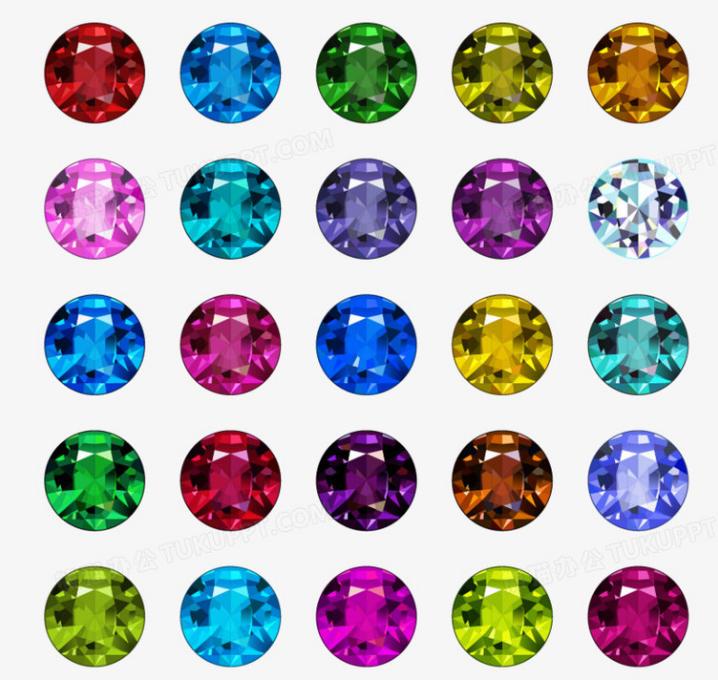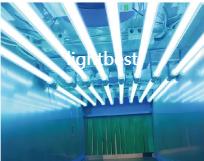
The 222nm deep ultraviolet (Far-UVC) wavelength is generally not suitable for jewelry inspection, as it is primarily used for sterilization and disinfection. In the field of gemstone identification, ultraviolet inspection typically utilizes 254nm (short-wave UV, SWUV) and 365nm (long-wave UV, LWUV) for fluorescence detection.

(222nm UV Lamp)
Why is 222nm not suitable for gem testing?
Limited penetration ability:
222nm UV light has higher energy than 254nm and 365nm but weaker penetration power. It cannot deeply penetrate gemstones, making it difficult to effectively excite fluorescence or detect characteristic absorption spectra.
Low fluorescence excitation efficiency:
Most gemstones (such as diamonds, rubies, sapphires, and emeralds) exhibit fluorescence reactions primarily at 254nm and 365nm. The excitation capability of 222nm for these gemstones is relatively weak.
Easily absorbed by air:
222nm UV light is easily absorbed by oxygen and water vapor in the air, which limits its effectiveness in gem detection.
Not covered by gem testing standards:
Mainstream gem testing methods (such as UV fluorescence, UV-visible spectroscopy, FTIR, and Raman spectroscopy) do not utilize the 222nm wavelength, and industry standards have not included it as a detection wavelength.
Wavelength (nm) | Application |
254nm (Shortwave UV, SWUV) | Detecting fluorescence characteristics of diamonds, rubies, and emeralds
|
365nm (Longwave UV, LWUV) | Identifying fluorescence reactions in certain gemstones, such as amber and pearls
|
400-700nm (Visible Spectrum) | Analyzing color and absorption spectra
|
2500-25000nm(Infrared Spectrum, FTIR) | Detecting synthetic and treated gemstones
|
The conclusion
222nm is not suitable for jewelry detection, whereas 254nm and 365nm are more appropriate UV wavelengths. If your goal is to conduct gemstone fluorescence testing, it is recommended to use shortwave (254nm) and longwave (365nm) UV lamps.

(254nm UV Lamp)
Post time:2025-04-03 11:12:08

